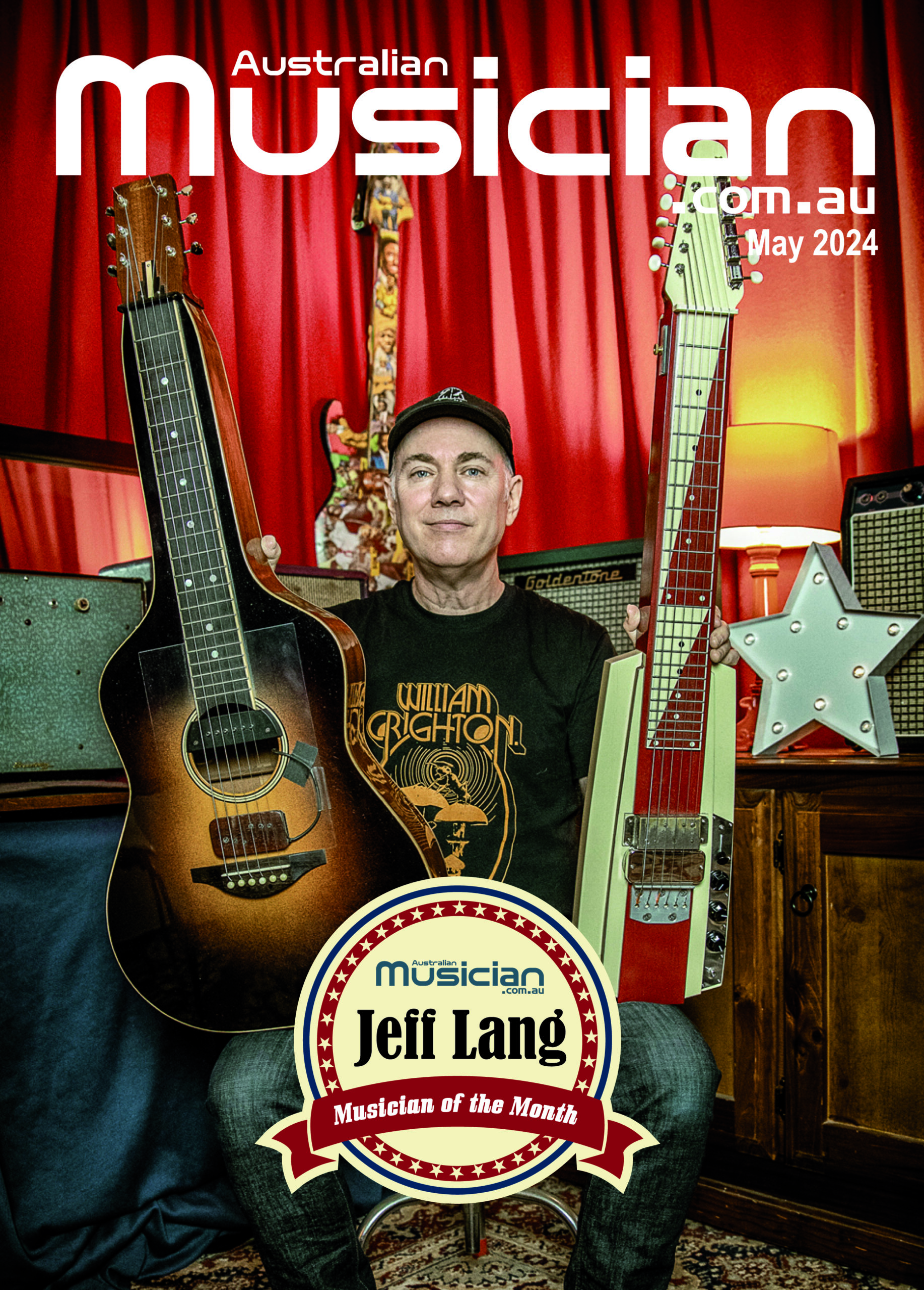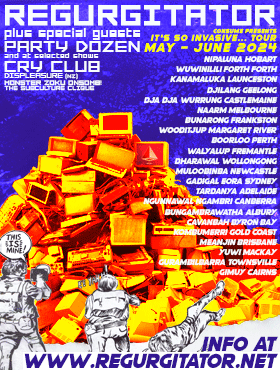PAUL DEMPSEY
September 10, 2009 | Author: Greg Phillips
 Still only in his early 30s, Dempsey has matured considerably since his 1998 debut solo set An Empty Flight on which he invited a select bunch of guests to write and sing their own lyrics to his musical scores. Here, he exudes greater confidence across eleven tracks that invite meticulously thought-out lyrics, the final step in a songwriting process he admits always brings out the perfectionist in him.
Still only in his early 30s, Dempsey has matured considerably since his 1998 debut solo set An Empty Flight on which he invited a select bunch of guests to write and sing their own lyrics to his musical scores. Here, he exudes greater confidence across eleven tracks that invite meticulously thought-out lyrics, the final step in a songwriting process he admits always brings out the perfectionist in him.
“The music I write quickly. Pretty much every time I pick up the guitar or sit at the piano something’s going to come out that I’ll end up using,” says Dempsey. “But then once I’ve got these songs written I need words and that’s just what takes me forever. I spend a lot more time on them because lyrics matter a lot to me and I want to be sure that what I’m singing is what I want to be singing and that I’m saying it in the best possible way.”
He hasn’t the patience nor the inclination to spend an hour refining a bass part. Yet when it comes to words, Dempsey is careful and considered, often spending weeks to perfect a single line. “I don’t need these arms anymore/ I don’t need this heart now, to love I don’t need this skin and bones at all” he sings on Ramona Was A Waitress.
“Lyrics are like conversations you have with yourself,” he reasons, “and for me just the act of singing the songs can really take you somewhere else and be very cathartic and therapeutic. I want them to be a true expression of how I think or feel so I guess that’s the reason I spend so much more time on them because I’m going to sing them 200 times or more.”
Performing sporadic solo acoustic sets during breaks in Something For Kate’s album/touring cycles has partly informed Everything Is True, released last month.
“I guess I have shown to people over the years that I also can do this thing on the side by myself,” says Dempsey. “So the basis to go and take it into a studio and make a record was already there. But having said that it turned out quite different because normally when Something For Kate writes together it’s all electrified instruments and drums.
“But when you’re by yourself you don’t really switch the amp on, you just pick up the acoustic guitar and by virtue of that the songs just naturally come out in another way again. So you don’t really have to think about it or have a preconceived notion of trying to do something different, it just is going to be different because you’re writing in a different way in a bedroom as opposed to a with a bunch of amps in a rehearsal room.”
Produced by “a real audiophile” in Wayne Connolly (You Am I, Youth Group) and mixed in Los Angeles by Doug Bohem (Elliot Smith) the album eschews the sonic density and “claustrophobia” of SFK and will in all likelihood speak to an audience beyond the faithful.
“When I’m in the band I feel very aware of the fact that I’m representing other people and not just myself and that makes me think twice about what you put across and how personal you get,” says Dempsey. “I guess with this is just felt like I could do whatever. There are songs on this record that are much more open about love because there are not many love songs in the Something For Kate back catalogue because it’s a somewhat problematic thing to do with other people in the band.”
Set to embark on a national album tour this month with a full band that includes a keyboardist and the former Dallas Crane rhythm section, Dempsey says above all else, he’s just grateful to have sustained a musical career that now includes five albums with SFK.
“My favourite thing to do is just to play live,” he says. “Just putting on your guitar and turning up your amp and making noise. And just being able to do this for this long and still be as driven and inspired than I ever have, you know, I still feel like I’ve got a long way to go and I’m not anywhere near doing the best thing I can do. I would like to think you’re never going make your best record, every record you make is another step towards trying to make your best record. The day you say you’ve made your best record is the day you should probably give up.”
Everything is True is out through EMI.


